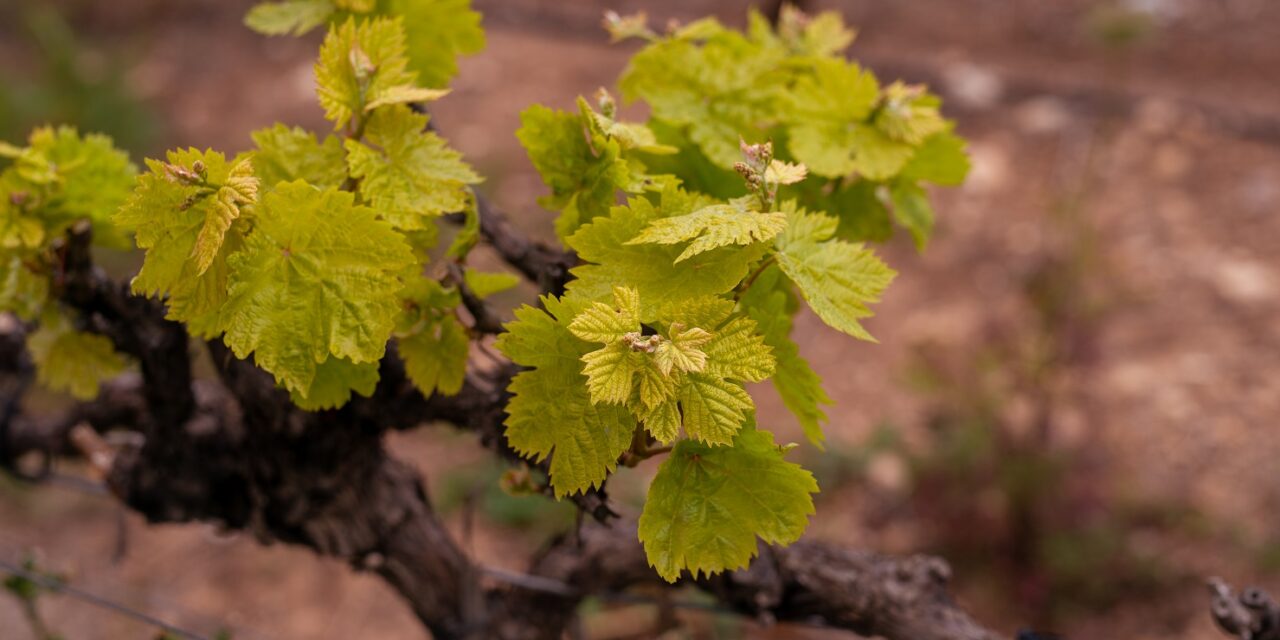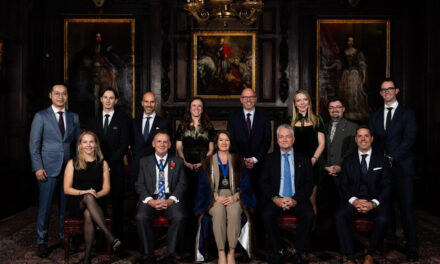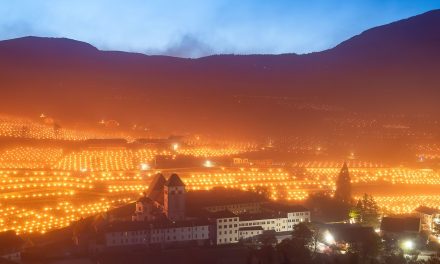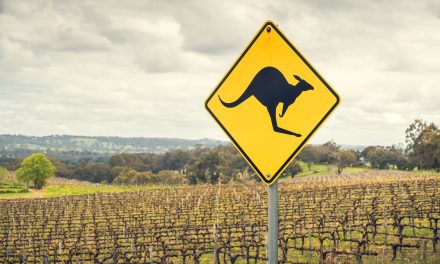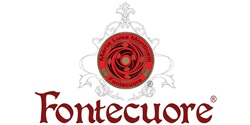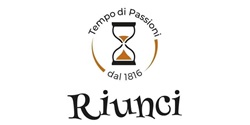Reimagining Viticulture: Pioneering Research in Israel’s Negev Desert Offers Insights on Climate Resilience in the Wine Industry
ROME – The future of viticulture will be shaped by climate adaptation rather than market trends and fashions, according to Aaron Fait, professor at Ben Gurion University of the Negev in Israel. Addressing a conference on “Agriculture in the 21st Century between Italy, USA, and Israel”, Fait emphasized the need for sustainable utilization of resources and effective management in future viticulture.
The event, organized by Magistrate Stefano Amore in collaboration with the National Academy of Agriculture and the Cufa of the Carabinieri, saw contributions from various dignitaries. Among them were Raphael Singer, the Minister for Economic and Scientific Affairs at the Israeli Embassy, and Carlo Gaudio, president of CREA.
For years, Fait and his team have been running a significant viticulture project in Israel’s Negev desert, offering an extraordinary lab for testing the potential effects of climate change on vineyards. These tests are particularly relevant for non-desert regions where maintaining grape quality is becoming increasingly challenging.
“The experiments we are conducting allow us to anticipate what the condition in Europe will be in 20 or 30 years,” Fait explained. The current observations indicate a yield reduction, especially in certain varieties, which may lead to a loss of up to 60% of production with a temperature increase of 2° C.
The project is investigating the effects of grape cluster temperatures exceeding 45°C on around 30 globally grown varieties, including Cabernet, Merlot, and various Muscats. The aim is to understand the response to extreme climatic conditions. “Among the findings, it emerged that white grape varieties adapt better to rising temperatures due to their faster ripening compared to red grape varieties,” Professor Fait highlighted.
He also stressed the inevitable use of recycled water in agriculture, noting that it accounts for 80% of agricultural water in Israel, 40% in Spain, but is almost non-existent in Italy. Fait concluded with an optimistic perspective on the collaboration between Italy and Israel, particularly in climate change research. “There’s a new bridge opening for scientific research, especially regarding climate change, between Italy and Israel, two countries with very similar land and climate structures. Besides, Israel has decades of experience in agricultural efficiency and specifically in viticulture,” he stated.
In essence, the future of the global wine industry seems to be under the profound influence of climate adaptation strategies, with pioneering projects like the one in the Negev desert leading the way. These climate-smart initiatives promise to redefine traditional viticulture, leading the wine industry towards a more sustainable future.

